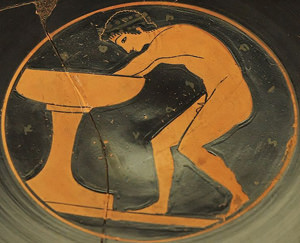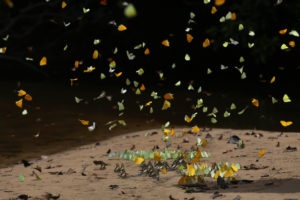Science Makes Another Play for Human Longevity
Following a calorically restricted diet may be one way to extend the human life span, but this potential path to longevity comes with the built-in hitch of having to significantly scale back food intake -- and once again, the idea of popping a pill to produce the desired result is being tossed around within the scientific community.
Following a calorically restricted diet may be one way to extend the human life span, but this potential path to longevity comes with the built-in hitch of having to significantly scale back food intake — and once again, the idea of popping a pill to produce the desired result is being tossed around within the scientific community. –KA
Your support matters…The New York Times:
It sounds too good to be true, and maybe it is. Yet such drugs are now in clinical trials. Even if they should fail, as most candidate drugs do, their development represents a new optimism among research biologists that aging is not immutable, that the body has resources that can be mobilized into resisting disease and averting the adversities of old age.
This optimism, however, is not fully shared. Evolutionary biologists, the experts on the theory of aging, have strong reasons to suppose that human life span cannot be altered in any quick and easy way. But they have been confounded by experiments with small laboratory animals, like roundworms, fruit flies and mice. In all these species, the change of single genes has brought noticeable increases in life span.
Independent journalism is under threat and overshadowed by heavily funded mainstream media.
You can help level the playing field. Become a member.
Your tax-deductible contribution keeps us digging beneath the headlines to give you thought-provoking, investigative reporting and analysis that unearths what's really happening- without compromise.
Give today to support our courageous, independent journalists.






You need to be a supporter to comment.
There are currently no responses to this article.
Be the first to respond.